-
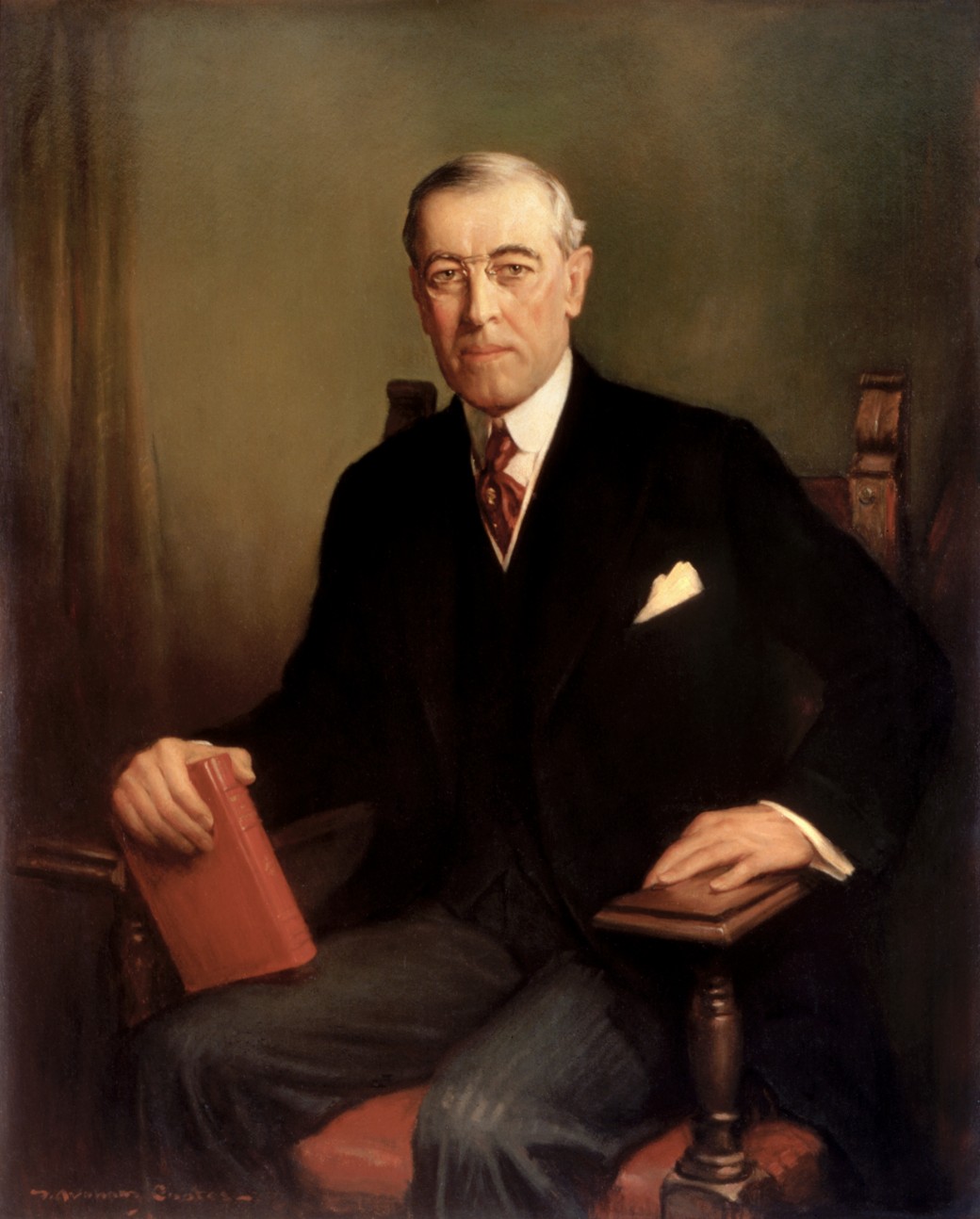
Liberalism Theory (opposition to Realism)
In my previous post, I explained realism, summarized as “the strong do what they want, and the weak suffer what they must” (Melian Dialogue). However, international relations have multiple theories! Liberalism is in direct opposition to realism. This theory has found problems in the realist theory that do not agree with their argument. Realism does not…
-
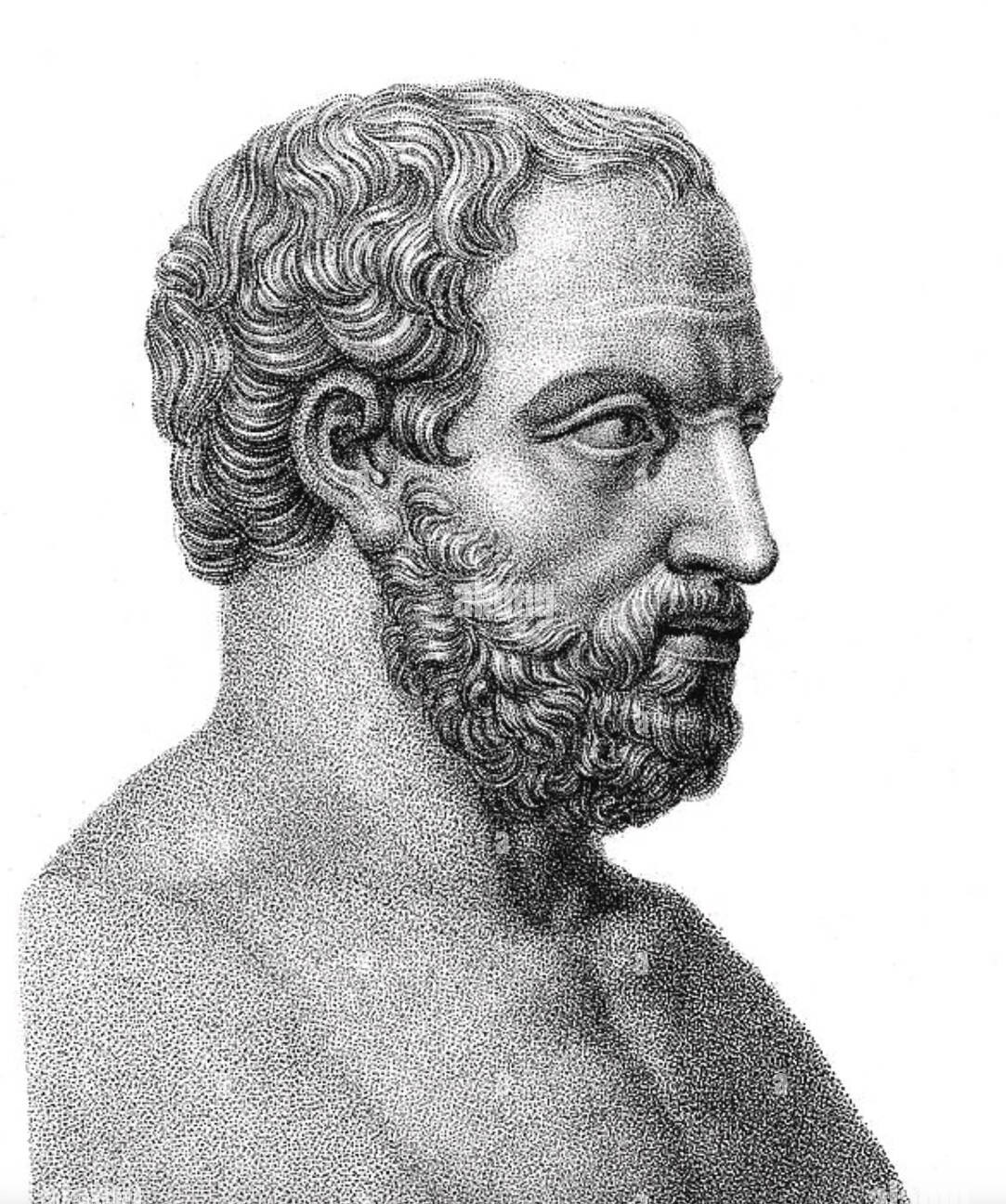
Realism Theory
Realism, a theory in international relations, holds some fundamental assumptions crucial to understanding its concept. Assumptions: Due to these assumptions, the effects of anarchy are as follows: To summarize,
-
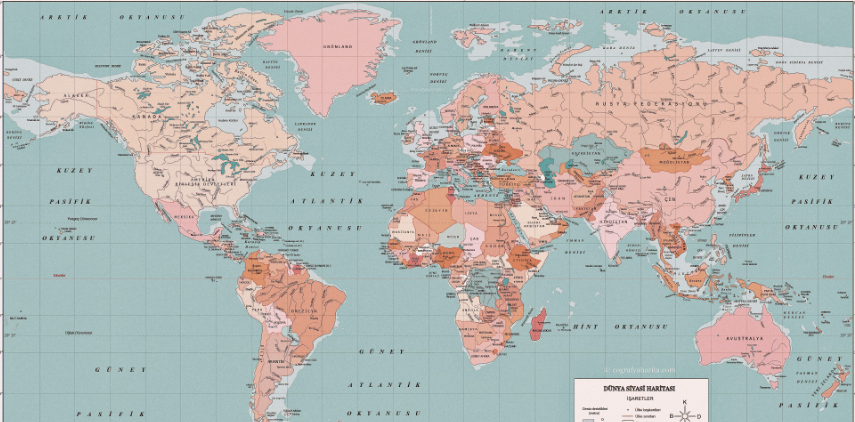
State Sovereignty
You will often hear the term “sovereignty” in international politics. If you are unclear about its definition, origin, purpose, and connection to anarchy, continue reading! The Thirty Years’ War (1618-1648) was a chaotic time in Europe. Multiple overlapping and conflicting sources of authority existed. Think of it like this: A ruler would claim authority over…
-
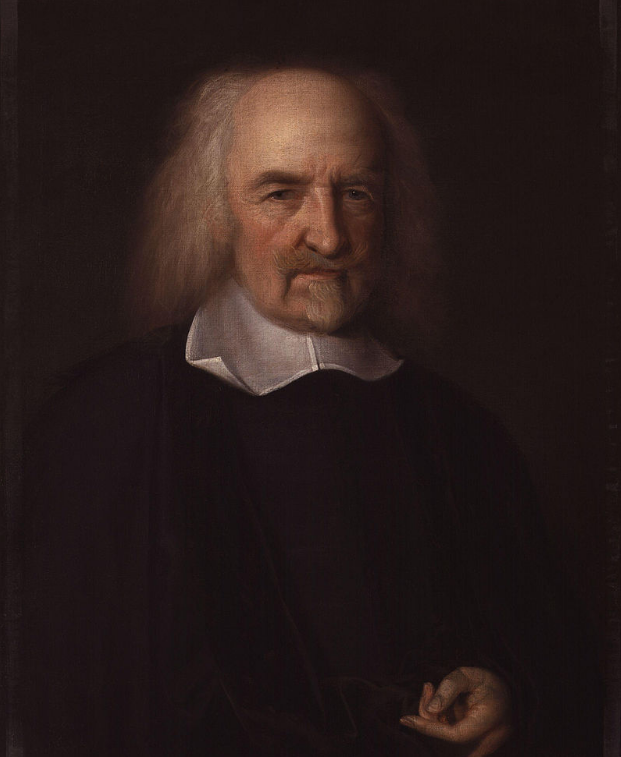
Hobbes: A Lesson on Anarchy and Security
Thomas Hobbes is an English philosopher who was crucial to the condition of nature discussion, also known as anarchy. Hobbes’s Leviathan (I encourage you to read!) explains that anarchy is absent in all states/governments. There is no work, agriculture, knowledge, industry, recognition of time, literacy, or social progress. Instead, there is fear and death, and…
-

Institutions (Formal and Informal)
Have you ever wondered how societal interaction has been orderly structured? This structure is possible due to formal and informal institutions. Institutions are stable rules of conduct that are reasonably well known by all involved by constraining and enabling one’s behavior. Institutions can be broken down into formal and informal. Formal institutions are always written…
-
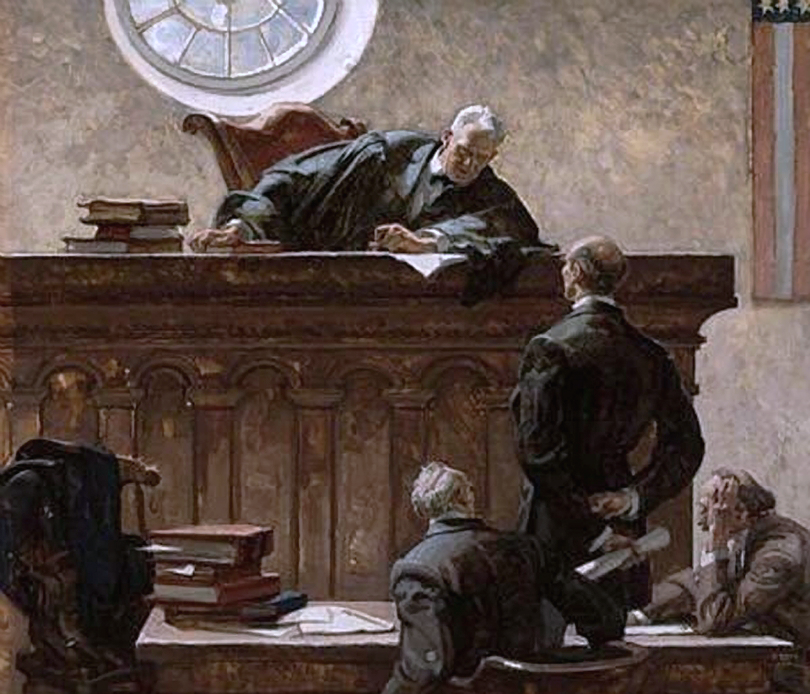
What is Political Science?
First, let us define politics. A general definition of politics is the struggle for power among different groups of people to determine the rules of society. As Harold Lasswell once said, “Who gets what, when, and how.” Science includes natural and social sciences such as biology, physics, sociology, economics, etc. Natural science depends on objective…